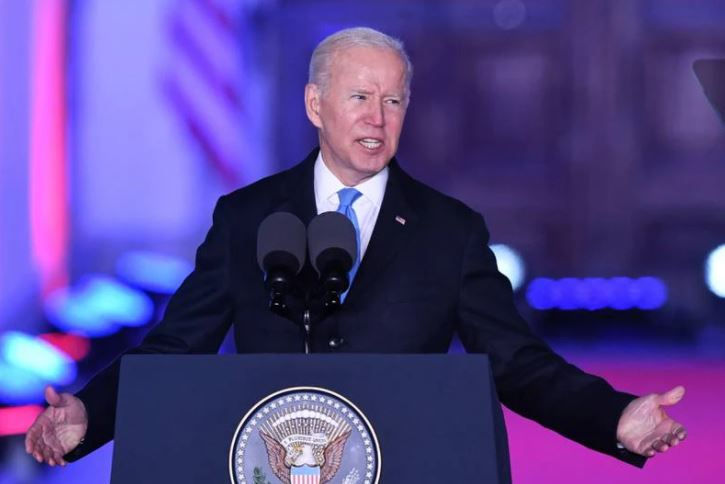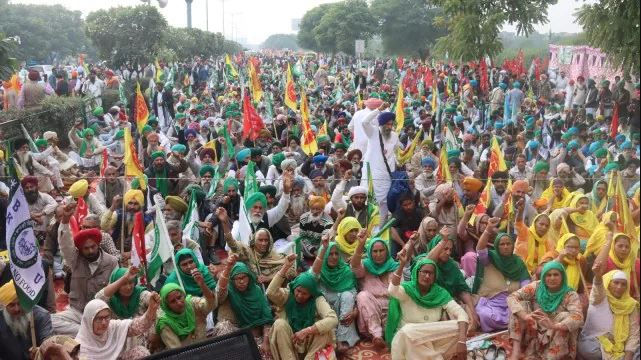US allies distance themselves from Biden's Putin gaffe
- guru prakash
- Mar 28, 2022
- 2 min read
European powers have distanced themselves from US President Joe Biden’s off-message remark that Russian leader Vladimir Putin “cannot remain in power”.

Although US officials swiftly denied any change in policy, Mr Biden’s apparent call for regime change jolted the unity of the western alliance and led to fears of an escalation in the war in Ukraine.
His comments came at the end of a five-day diplomatic trip to Europe and caused disquiet even among politicians and allies who have largely supported his handling of the crisis.
Britain said on Monday that it was up to the Russian people to decide who should govern them but suggested they might be “pretty fed up” with Mr Putin because of the consequences of the war in Ukraine.
Speaking for the government on morning television, Education Secretary Nadhim Zahawi latched on to an explanation offered by Mr Biden’s allies that he was talking about the Russian president’s attempt to gain power over Ukraine.
“I think President Biden is right to say that Putin has no place in the Ukraine,” Mr Zahawi said. “They have to make sure that they withdraw from Ukraine because it is an illegal invasion.”
French President Emmanuel Macron said he would not use the language employed by Mr Biden and said it could make it harder to resolve a conflict in which Nato allies are determined not to intervene directly.
Although western powers have praised anti-war protesters in Russia, and described sanctions as being designed to pressure Mr Putin into calling off the invasion, they have stopped short of suggesting that this should culminate in his removal from the Kremlin.
But Mr Biden ended his speech in Warsaw by saying: “For God’s sake, this man cannot remain in power.”
German Chancellor Olaf Scholz told ARD television on Sunday that Nato was not seeking to topple Mr Putin.
“We both agree completely that regime change is not an object and aim of policy that we pursue together,” said Mr Scholz.
Senior US officials sought to portray Mr Biden as condemning the invasion of Ukraine and speaking off the cuff after witnessing the humanitarian fallout of the war on his visit to Poland.
“I think that was a principled human reaction to the stories that he had heard that day,” the US ambassador to Nato, Julianne Smith. told CNN.
Meanwhile, Kremlin spokesman Dmitry Peskov told Reuters that the question of Mr Putin’s future was “not for Biden to decide”.
Mr Biden separately raised eyebrows by telling US troops in Poland that they would see the bravery of the people of Ukraine “when you’re there”, as though suggesting they were being sent to the country.
US officials also clarified that the Pentagon would not use chemical weapons after Mr Biden said Washington would “respond in kind” to any use of such weapons by Russia against Ukraine.



Comments